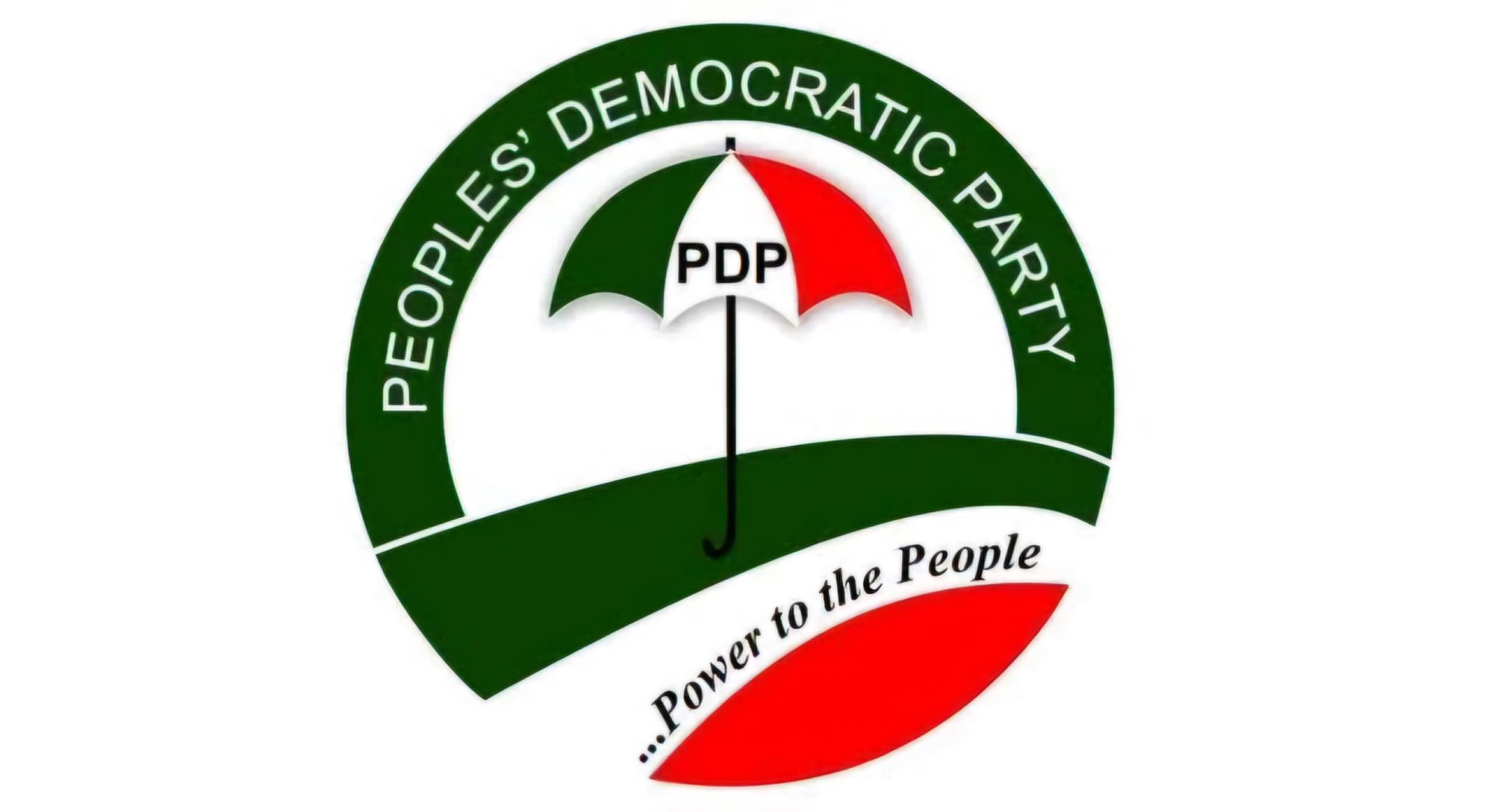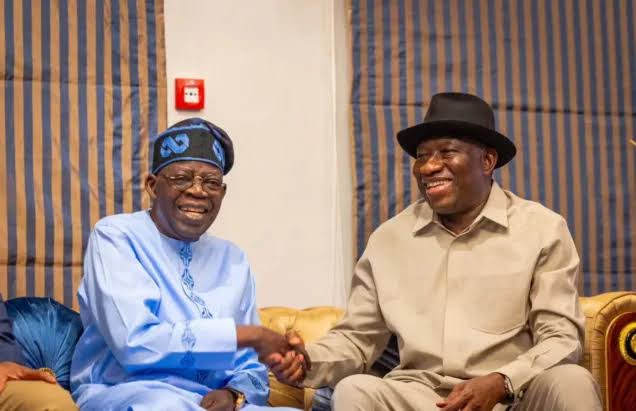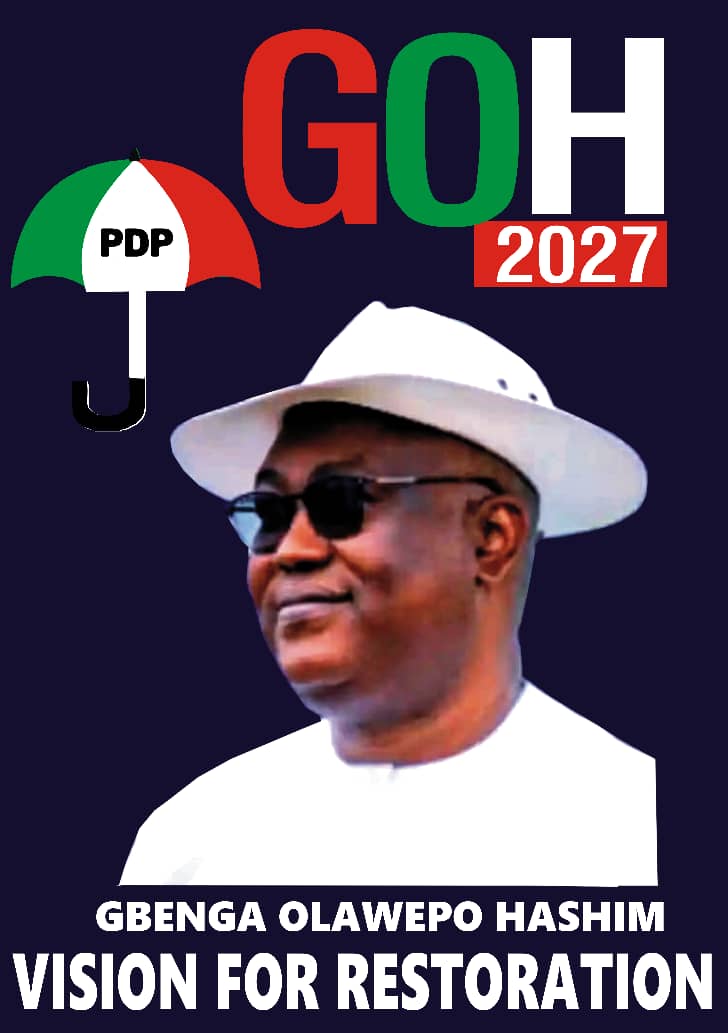The Peoples Democratic Party (PDP) is grappling with internal divisions and a crisis of identity as it admits that fielding Atiku Abubakar as its 2023 presidential candidate was a political miscalculation.
Nearly two years after its crushing defeat to the All Progressives Congress (APC), the party is now in talks to woo former President Goodluck Jonathan and Labour Party’s 2023 candidate, Peter Obi, back into its fold as it seeks to salvage its prospects ahead of the 2027 elections.
Senator Abba Moro, the Senate Minority Leader and a PDP chieftain, acknowledged this regret during an appearance on Channels Television’s Politics Today.
ALSO READ: Prioritize Workers’ Welfare, Safety – Oyo Govt Urges Private Companies
“As a result of how the election turned out and because the Nigerian people spoke, definitely, it [fielding Atiku] was an error,” Moro admitted. “To lose a very monumental election in that disastrous manner is certainly in for regret.” He added.
The rare confession underscores a growing recognition within Nigeria’s main opposition party that it has lost both political momentum and credibility.
Atiku’s defeat coming second to APC’s Bola Ahmed Tinubu was compounded by the fact that internal wrangling, defections, and voter fatigue weakened the PDP’s brand.Now
Now, with Atiku himself defecting from the party in 2025, the PDP is scrambling to rebuild its image and reestablish leadership before the next general election.
The PDP’s strategy appears to revolve around rekindling old alliances and mending fractured relationships. Moro revealed that party loyalists are actively courting Peter Obi, who was Atiku’s running mate in 2019 before defecting to the Labour Party, where he emerged as a formidable challenger in 2023.
“In the run-up to 2027, I am aware certain individuals have been talking to Peter Obi, ‘Hey, come back home, this is what we are likely to do, and if you come, you stand a chance of being the candidate,’’ Moro said.
Similarly, there are moves to persuade former President Goodluck Jonathan who has maintained a distant posture since losing the 2015 election to reengage with the PDP.According
According to Moro, “Some people are talking to the former president to come and run. It is a possibility.” These overtures highlight the PDP’s desperation to rally figures with proven national appeal, even as questions linger about whether such alliances can overcome the party’s longstanding internal fractures.
The PDP’s admission of regret over Atiku’s candidacy has fueled debates about how Nigeria’s oldest surviving opposition party repeatedly undermines its own chances.
Analysts point to a pattern: weak consensus-building, lack of ideological clarity, and a tendency to recycle the same candidates despite voter demand for fresh leadership.
Atiku, who has run for president six times, epitomized both the experience and the baggage associated with the PDP. His candidacy in 2023 divided the party, alienated younger voters, and left room for the Labour Party to capture the imagination of disenchanted Nigerians, particularly the youth demographic.By
By acknowledging the mistake, the PDP is tacitly admitting that it failed to read the political mood of the electorate.
Bringing Obi back into the PDP fold would be a strategic coup. He has cultivated a loyal base among Nigeria’s urban youth and middle class, many of whom viewed his 2023 campaign as a break from the country’s recycling of old political elites.However
However, his return could spark tensions, especially among PDP stalwarts who see him as an outsider who abandoned the party when it needed him most.
Goodluck Jonathan, on the other hand, represents nostalgia for stability. Despite criticisms of his administration, Jonathan’s image has softened over the years, aided by his peaceful concession in 2015.
A comeback under the PDP could help rally traditional party loyalists in the South-South and parts of the North. Yet, the question remains whether Jonathan would risk his legacy in what could be a bruising 2027 contest.
The urgency within the PDP stems from the fact that 2027 is shaping up to be one of the most consequential elections in Nigeria’s democratic history.
President Tinubu’s APC government, facing its own challenges with economic reforms, insecurity, and political discontent, will enter the race vulnerable but still armed with the power of incumbency.
Source: BusinessDay
